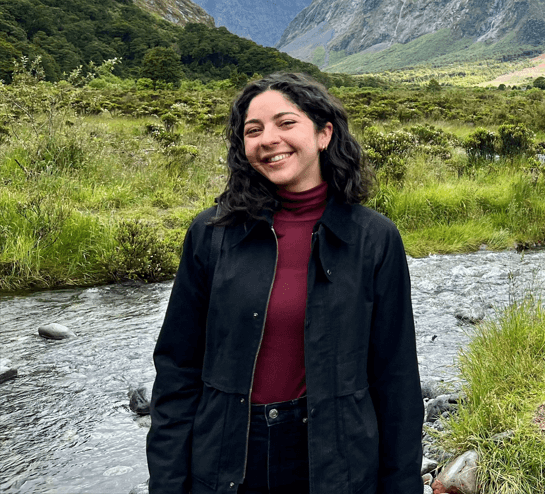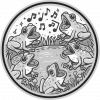Data from the WILDLABS Awards 2024 are in:
😧30% of the participants are women.
😨Out of 191 submissions, less than one-third were led by women.
😱There were no women in 34% of the applications, but only 6% lacked male representation.
These gender disparities spanned the three main project categories, with women being disproportionately underrepresented in leadership and general team membership across the Fostering Innovation, Technology Adoption and Application, and Usability and Scaling Categories. While women made up a third of leadership in the Technology Adoption and Application and Usability and Scaling categories, their leadership rates were just over 15% in the Fostering Innovation category.
These figures reflect what our State of Conservation Tech reports have already unveiled: women are an under represented group in our sector. Here's how we interpreted gender data in our report:
Mounting evidence of the influence of gender inequality in conservation, ranging from the inextricable link between gender-based violence and environmental degradation to the conflict of roles many women in the field face between motherhood and leadership, has led to recognition that promoting gender equality is essential to advancing conservation (Agarwal, 2009; Castañeda Carney et al., 2020; Jones et al., 2020). Although gaps in self-perception may partially explain the differences identified here between male and female respondents in reported technical skills (Hargittai & Shafer, 2006), more investigation is needed to understand their implications, particularly concerning intersectionality in the field of conservation technology. Acknowledging that these issues are likely compounded in the context of technology by the digital divide, furthering existing inequalities regarding access to basic digital engagement, it is clear that efforts to evaluate and address potential social exclusion will be fundamental moving forward.
WILDLABS is working to close the gap for women in conservation tech:
✅ In 2022, we launched the Women In Conservation Tech programme, in partnership with @Arm, to support a six-month training and empowerment course for East African women in conservation tech.
✅ During the awards application review process, we prioritized individuals and teams who were from historically underrepresented groups. Additionally, half of our external panel of judges were women.
✅ We provide a platform for women in #conservationtech: 46% of speakers at WILDLABS events are women.
Increasing women and minority representation is crucial for fostering diversity of thought, driving innovation, and creating a more inclusive and equitable working environment.
14 February 2024 1:37pm
Interesting. The disparity at times crops from culture and this has a history especially in Africa. But all hope is not lost. Previously technical courses lacked female students. In the recent years we have more enrolling in engineering and maths courses.
There are lots of effort towards bringing on board women. Thank you wild labs for your part in it.
21 March 2024 9:59am
Hi, thanks for sharing this report. Did you do the same analysis on the awardees, and if so can you share the numbers?
Adrien Pajot
WILDLABS
Fauna & Flora
1 April 2024 4:30pm
In reply to Diane_Detoeuf
21 March 2024 9:59am
Hi, thanks for sharing this report. Did you do the same analysis on the awardees, and if so can you share the numbers?
Hi Diane,
Apologies for the delay in responding. After conducting a quick assessment of the gender representation among the awardees, our findings are as follows:
- Among the 13 team leaders who received awards, 5 are women (38%).
- Of the entire pool of team members, it seems that 13 are women (28%).










CathyNj